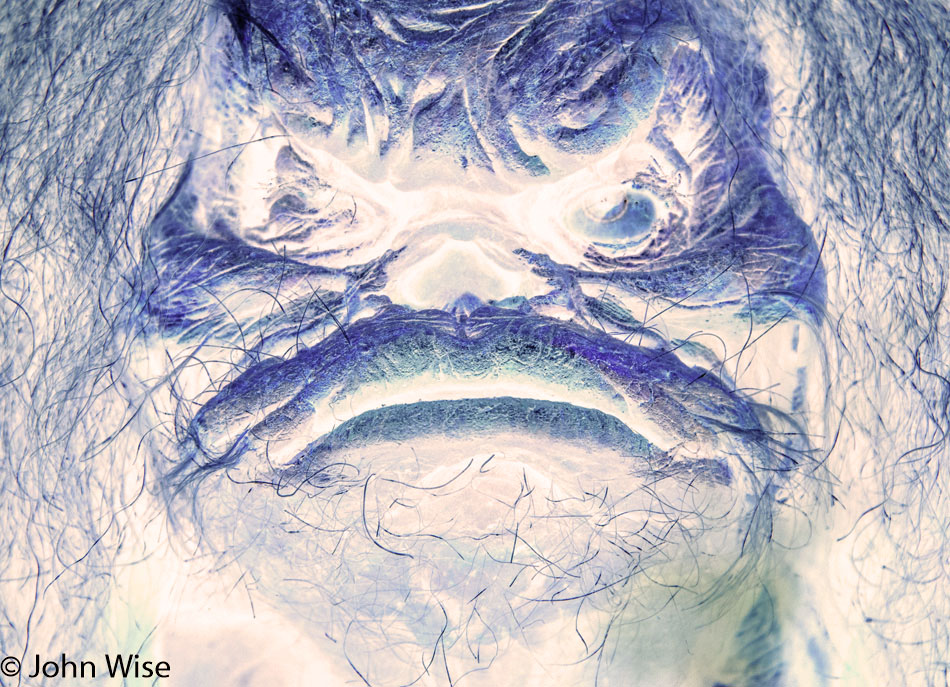
How and why have we arrived at this crossroads in our shared history as a species? Our current difficulties, I believe arise from our reluctance to change as rapidly as our technology is pushing us. There is a large part of our population that is rebelling against their own better interests, as they are being left behind. Sadly, they represent a kind of Neanderthal past that has to go extinct, just as the real Neanderthals did about 40,000 years ago.
I postulate that our early homo sapiens ancestors saw the Neanderthal as a threat to their own successful evolutionary steps forward. The Neanderthal’s inability to innovate and adopt new skills might have been seen as an impediment to homo sapiens’ rapid move towards planetary dominance. The slow-moving subspecies of archaic humans, loathe to move out of their comfort zone of simple yet harsh existence, was a boat anchor. With the appearance of homo sapiens, a species had arrived that was keenly adept at tool and language skills about to redefine the natural order.
Are we again at an inflection point in our ascent where we must leave behind those unable to navigate the transition in our evolution? With a class of people among us talking of artificial intelligence, genetic and computational bio-medicine, autonomous vehicles, immersive experiences delivered by mixed reality, Mars colonization, and blockchain as a backbone for everything from cryptocurrency to contract and identity verification, we are exploring a fringe of human adaptability to complexity.
For approximately 200,000 years, humans were hunter-gatherers wandering around the savanna, looking for a meal. Then, about 20,000 years ago, we settled down to gradually become farmers, and with that, we were able to build communities and, ultimately, cities. Fast forward to a mere 5,000 years ago and the Bronze Age is upon humanity and with its metal and written languages appear. Only 200 years ago, the Industrial Age was ushered in with steam and telegraph, quickly followed by oil and telephone.
We are likely in the throes of the Anthropocene, where the world of advanced sciences must play a far deeper role in humanity’s lives. This age is a result of changes wrought by our destructive tendencies, and it will also be known for how complex systems came to shape our future and how we deployed our growing knowledge to repair not just the planet but our species, too.
This is where, in my view, our biggest problem currently exists, as a large part of our population is firmly stuck romanticizing outmoded ages where a blend of hunter-gatherer, farmer, and industrial worker is holding sway over their identity. Just how these fellow citizens who are our friends and family can be convinced to give way to knowledge workers who often seem alien may prove to be an intractable problem where our population has grown too large to assuage.
We are witnessing the destruction of the earth and its carrying capacity, and while we have the means to repair our centuries of mistakes, those continuing the devastation are hampering our progress to such a degree that they hasten the demise of ecosystems that support not only our way of life but life as we know it.
